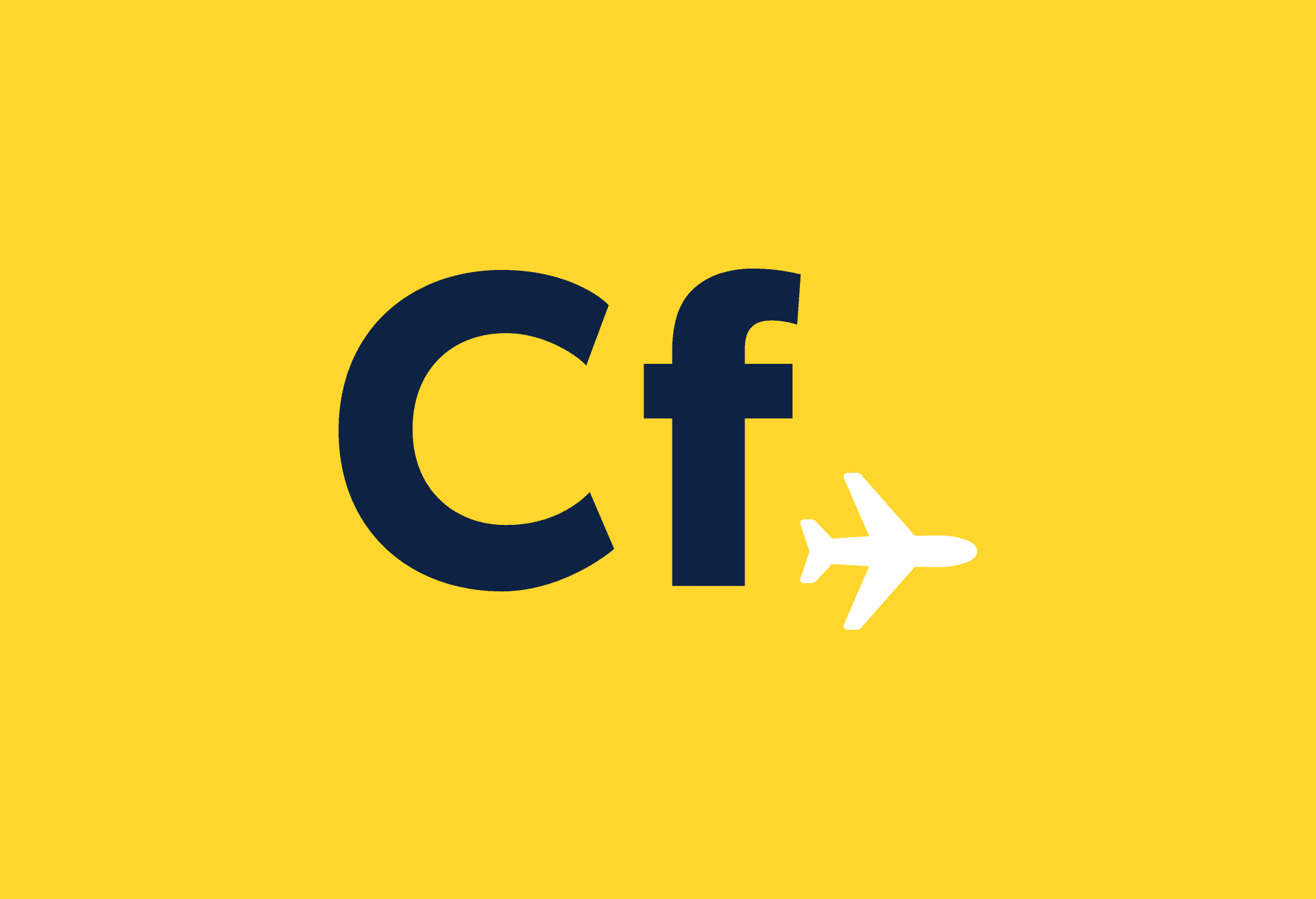The issue of overweight air passengers has long been a contentious one, and now a university academic has weighed in to the debate.
Dr Bharat P Bhatta, an academic based in Norway, has floated the idea of a pricing scale for fat fliers to make up for the cost of the extra fuel required to carry them.
The so-called “pay as you weigh” scheme was outlined in the Journal of Revenue and Pricing Management, in which Dr Bhatta set out three ways the scheme could be implemented.
The first pricing method would simply be a straightforward cost per kilo, with all passengers paying based on how much they weigh. This could also be extended to their luggage so ensure everyone pays exactly what they owe.
The second option is to have a single fixed fare, with heavier passengers paying a surcharge and lighter passengers getting a discount.
The final option, and the one that Dr Bhatta says is most workable, is to have three different price brackets: heavy, average and low.
“I think the simplest way to implement this would be for passengers to declare their weight when buying a plane ticket,” Dr Bhatta told The Daily Telegraph.
“At the airport airlines could randomly select passengers and if they lied about their weight they would have to pay the fat fare and a penalty.”
Singling people out for lying about their weight seems a little harsh to us, but research shows that lots of fliers would welcome the implementation of Dr Bhatta’s suggestions.
A survey by travel website Holiday Extras found that 48 per cent of Brits are in favour of some form of fat tax on flights.
“Sitting next to a large person on a plane can sometimes reduce the space that you have to relax,” said James Lewis, of Holiday Extras.
“If we have to pay extra for excess baggage, maybe we should pay extra for excess body weight.”
No airline has yet dared to introduce a pay as you weigh scheme, but with fuel at a premium and people not getting any lighter, they may soon not have a choice.
“For airlines, every extra kilogramme means more expensive jet fuel must be burned, which leads to CO2 emissions and financial cost,” said Dr Ian Yeoman, editor of the Journal of Revenue and Pricing Management.
“As the airline industry is fraught with financial difficulties, marginally profitable and has seen exponential growth in the last decade, maybe they should be looking to introduce scales at the check-in.”
(Featured image by puuikibeach)



